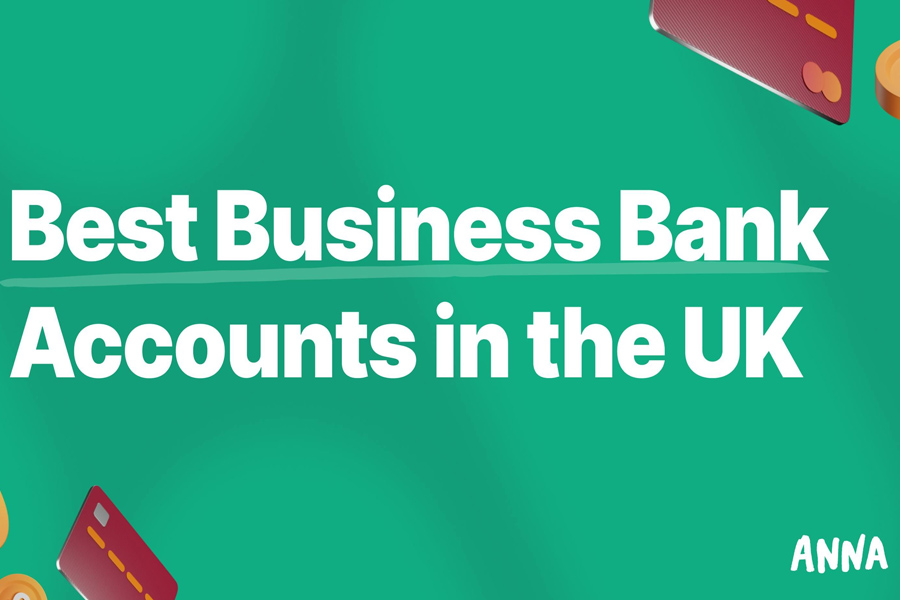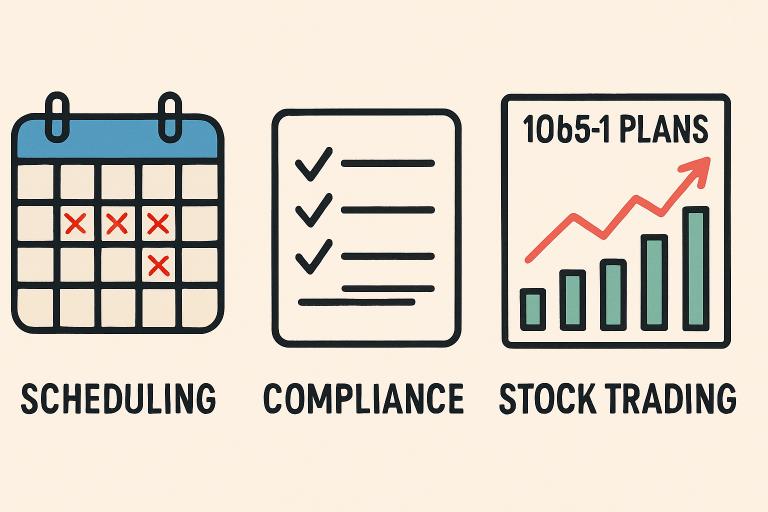Now Reading: Top Business Banking Accounts in the UK for Startups to Thrive
-
01
Top Business Banking Accounts in the UK for Startups to Thrive
Top Business Banking Accounts in the UK for Startups to Thrive

Overview of business banking accounts in the UK
Opening the right business account is one of those practical rituals that quietly changes the tempo of a startup — suddenly invoices, payroll, and tax become less chaotic and more choreographed. UK banks, from old-school high street institutions to nimble challenger apps, design these accounts to give new businesses breathing room: tools for cashflow, integrations with accounting software, and often a runway of fee-free months to ease early costs. Think of your account as the engine room — not glamorous, but everything runs smoother when it’s well-tuned.
Key features to look for in a business banking account
Pick an account by how it supports your rhythm. Instant notifications and expense categorisation speed up admin. Multi-user access and permissioning help you scale without sharing passwords. If you trade internationally, multi-currency capabilities and transparent FX rates save headaches. Finally, check limits and fees — a cheap account today can become expensive if transaction costs and transfer fees are hidden under the hood.
Essential services for startups
Startups typically need a handful of dependable services: seamless integration with invoicing and accounting tools, the ability to issue virtual or physical cards for employees, and easy payroll functionality. Some banks offer overdrafts or introductory lending tailored for small businesses; others partner with third-party lenders. If you rely on cash sales, branch access and deposit options matter; for online-first businesses, an app that feels like a co-founder is priceless.
Fees and charges
Fees come in many disguises: monthly account charges, per-transaction fees, cash handling fees, and FX markups. Many providers offer 12–24 months of fee-free banking for startups, which is generous, but always scan what happens after the promotional period ends. Look for transparency around charges for faster payments, international transfers, and paper statements — small costs add up rapidly when you’re scaling.
Online and mobile banking options
Digital banking is the default now. The best apps do more than show balances; they auto-categorise spending, surface suspicious transactions, and sync with your bookkeeping. Features such as instant payment approvals, virtual cards, and shared access for team members make daily life easier. If the app feels slow or clunky, the rest of your admin will feel slow and clunky too.
High street bank options
High street banks like Barclays, Lloyds, NatWest and HSBC bring branch networks, name recognition, and linked finance products — overdrafts, business loans, merchant services. They’re a good fit if you value face-to-face support or need to deposit cash regularly. Expect a bit more bureaucracy, but also a broader range of traditional banking services and credit options that can support growth beyond the startup phase.
Challenger banks and digital-only solutions
Challenger banks — think Starling, Monzo Business, Tide, Revolut Business — compete on speed, UX, and price. They typically offer instant sign-up, slick integrations with cloud accounting, and features built for modern teams: sub-accounts, automated bookkeeping exports, and in-app spending controls. If you prize speed and low friction, these providers move fast; if you need cash deposits or extensive branch support, they may not fit.
Specialty accounts for specific needs
Some providers specialise: Wise for low-cost multi-currency transfers; Metro for extended branch hours and in-person cash services; the Co-operative for ethical banking. If your startup sits in a niche — heavy international trade, social enterprise, or frequent cash handling — these specialist accounts can be compelling because they solve a specific operational friction rather than trying to be everything to everyone.
How to choose the right business banking account
Start with how you work. Map your typical month: number of transactions, cash vs. card, whether you need foreign currency. Weight features by frequency and pain: a marginally better FX rate matters if you move money internationally weekly; branch access matters if you take cash daily. Compare fee structures based on your actual volumes, not marketing copy. And don’t forget the ‘will this still suit us in 12 months?’ question — flexibility matters.
Tips for applying and setting up a business banking account
Prepare documents early: ID, proof of address, company registration, and sometimes a short business plan or proof of trading. Use online applications where available — they’re often faster and let you upload documents directly. Be meticulous with company details (registration numbers, addresses) to avoid verification delays. After approval, connect accounting software, set up multi-user access, and enable alerts so you don’t miss anything important.
FAQ
What documents do I need to open a UK business bank account?
You’ll commonly need proof of identity, proof of address, your company’s Certificate of Incorporation, and details of directors and beneficial owners. Some banks may also ask for a basic business plan or recent invoices if you’re already trading.
Are challenger banks safe for business use?
Yes — many challenger banks are regulated by the Financial Conduct Authority and use safeguarded accounts for customer funds, though protection schemes like the FSCS differ from traditional deposit insurance. Check the provider’s regulatory status and how customer funds are held.
How long is the typical fee-free period for new business accounts?
Promotional periods typically range from 12 to 24 months, but always confirm the exact length and what fees kick in afterwards. The post-promo fee schedule can change the long-term cost significantly.
Should I choose a bank with a physical branch?
Choose a branch if you need regular cash deposits, in-person advice, or prefer face-to-face service; otherwise a digital bank may be faster and cheaper. It really depends on whether physical cash or in-person support are core to your operations.
Can I switch business banks later if my needs change?
Yes — switching is possible, though nuances like merchant services or lender relationships may complicate a move, so plan the migration carefully and notify recurring payers. Many banks now offer switching assistance to help transfer payments and direct debits.
What features help with accounting and tax filings?
Look for seamless integrations with popular accounting packages, exportable transaction data, and categorisation features that reduce manual reconciliation. Automated VAT-friendly reports and payroll integrations are useful extras for tax time.
Are multi-currency accounts worth it for small startups?
If you receive or pay invoices in other currencies regularly, a multi-currency account can cut FX costs and simplify reconciliation; otherwise, it’s probably unnecessary overhead. Consider frequency and volume of foreign transactions before deciding.
How do I evaluate foreign exchange fees for international transfers?
Compare both the stated transfer fee and the FX margin over the mid-market rate, because a low fixed fee can be dwarfed by an unfavourable exchange rate. Run a realistic example with your typical transfer size to see the true cost.





















